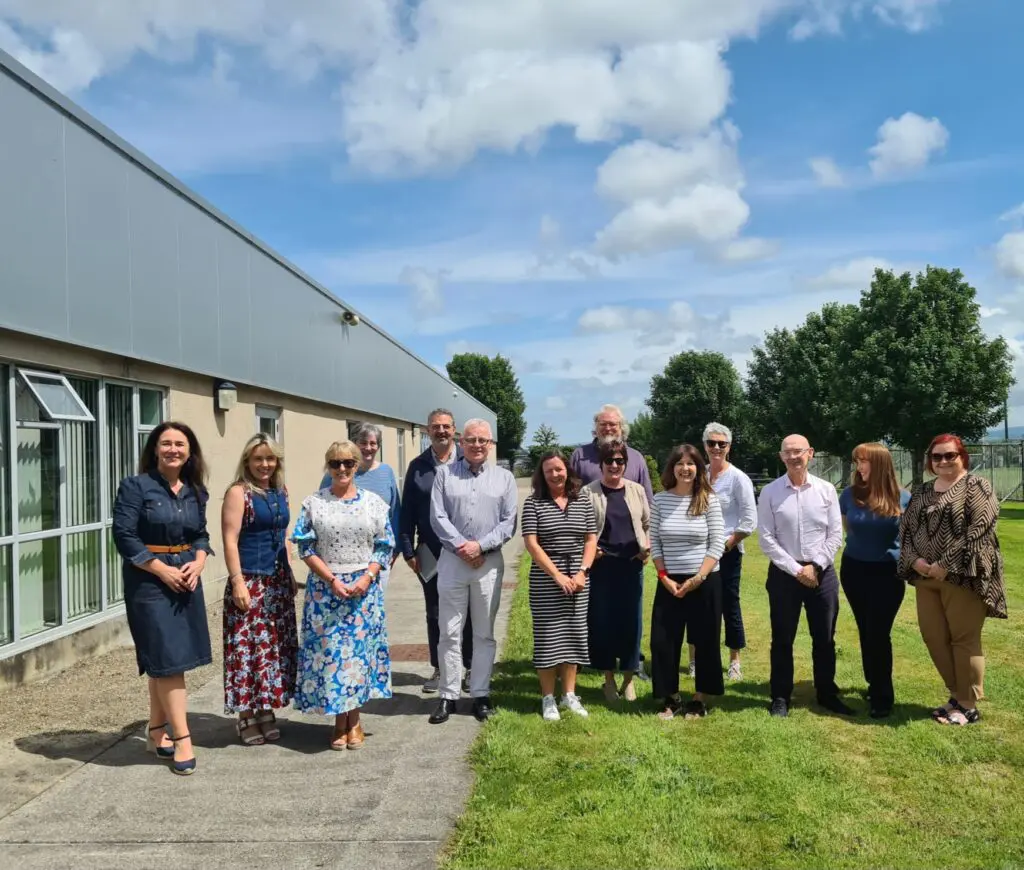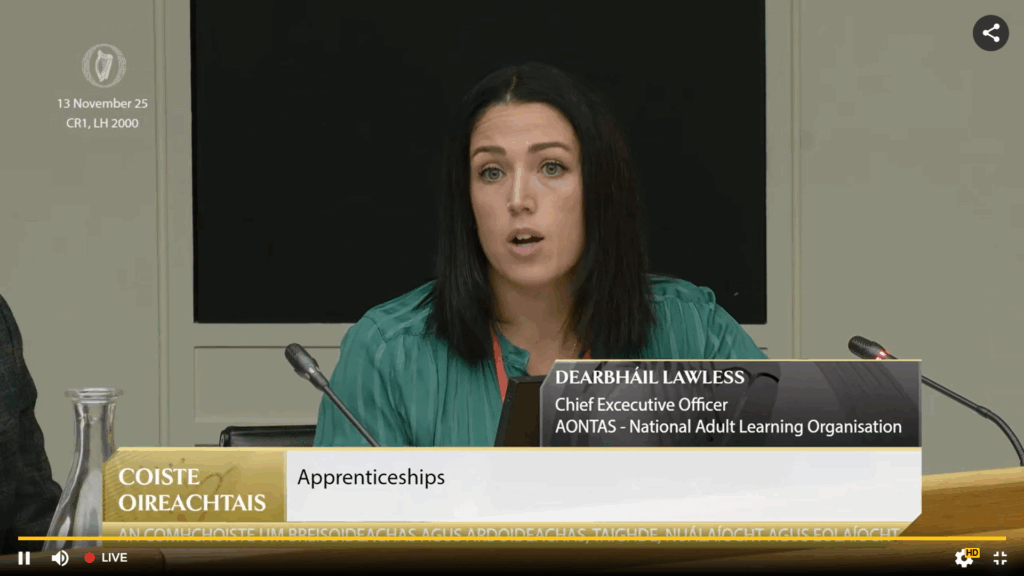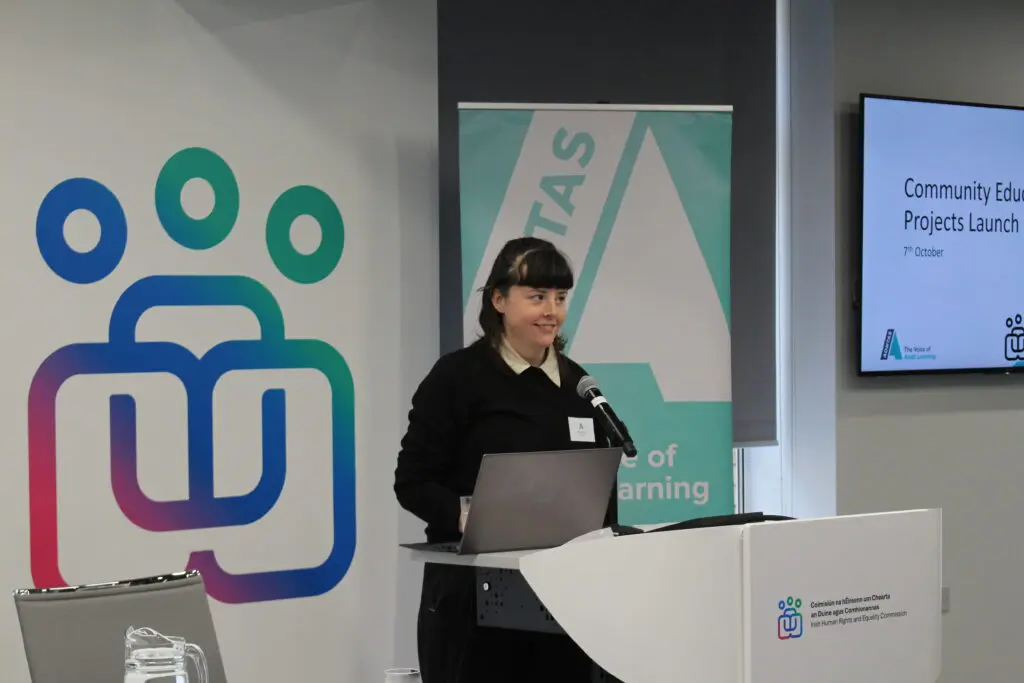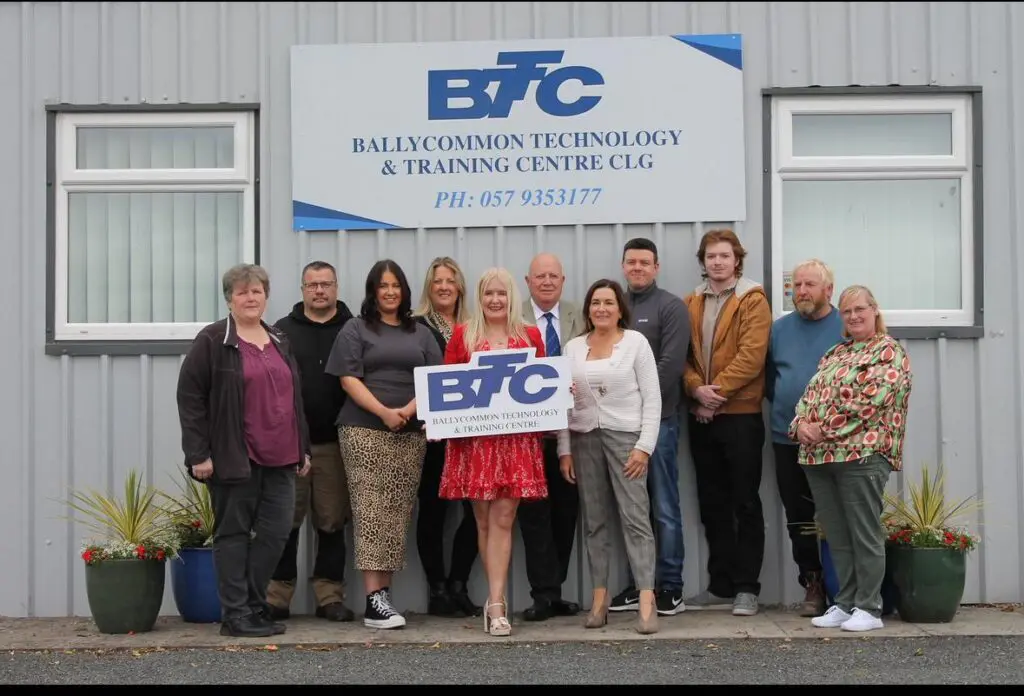Working Together to Strengthen Human Capital, Employability and Competitiveness
The New Skills Agenda is a major initiative as part of the European Commission Work Programme 2016. It supports a shared commitment and works towards a common vision about the strategic importance of skills for sustaining jobs, growth and competitiveness. This Skills Agenda strengthens and, in some cases, streamlines existing initiatives to better assist Member States in their national reforms as well as to trigger a change of mindset in both individuals and organisations. It seeks a shared commitment to reform in a number of areas where Union action brings most added value. It is centred around three key work strands:
- Improving the quality and relevance of skills formation
- Making skills and qualifications more visible and comparable
- Improving skills intelligence and information for better career choices
Key Statistics at European Level
- 70 million Europeans lack adequate reading and writing skills, and even more have poor numeracy and digital skills
- More than half of the 12 million long term unemployed are considered as low-skilled
- 40% of European employers report that they cannot find people with the right skills to grow and innovate
- In relation to the EU workforce women represent 60% of new graduates, but their employment remains below that of men
Funding
- The European Social Fund and the European Regional Development Fund alone will inject over €30 bn to support skills development in the period of 2014-2020
- Erasmus + programme supports skills development in education and training with nearly €15 bn
Higher Education
- In 2014 around 10 million more people completed higher education than in 2010 and the number of young people dropping out of school had fallen to 4.5 million from 6 million in 2010
-
By 2025 almost half of all job openings in the EU will require higher qualifications usually awarded through academic and professional programmes at tertiary level
Basic Skills
- Around a quarter of the European adult population struggles with reading and writing and has poor numeracy and digital skills
-
More than 65 million people in the EU have not achieved a qualification corresponding to upper secondary level. This rate varies significantly across EU countries reaching 50% or more in some areas
Vocational Education and Training (VET)
- 13 million are engaged in VET each year, however forecasts in several Member States indicate that there will be a shortage of people with VET qualifications in the future
Digital Skills
- The demand for digital technology professionals has grown by 4% annually in the last 10 years
- The number of unfilled vacancies for Information and Communications Technology (ICT) professionals is expected to almost double to 756,000 by 2020
- Almost half of the EU population lacks basic digital skills with around 20% of people having none at all
Migrants
- Fewer non EU than EU nationals residing in the EU have an upper (or even lower) secondary level qualification
- About 25% of the non EU nationals are highly skilled
Work Based Learning
- A quarter of students in upper secondary vocational education attend work-based programmes, while general and higher educational programmes rarely include any work based experience
-
The European Alliance for Apprenticeships has so far mobilised 250,000 in company training and job opportunities for young people
-
In the European Pact for Youth 1 million young people will be trained in digital skills and a ‘smart classroom’ programme will reach 100,000 students
-
1 in 10 adults currently participate in organised learning, most often those with higher skills levels and employees of large companies





